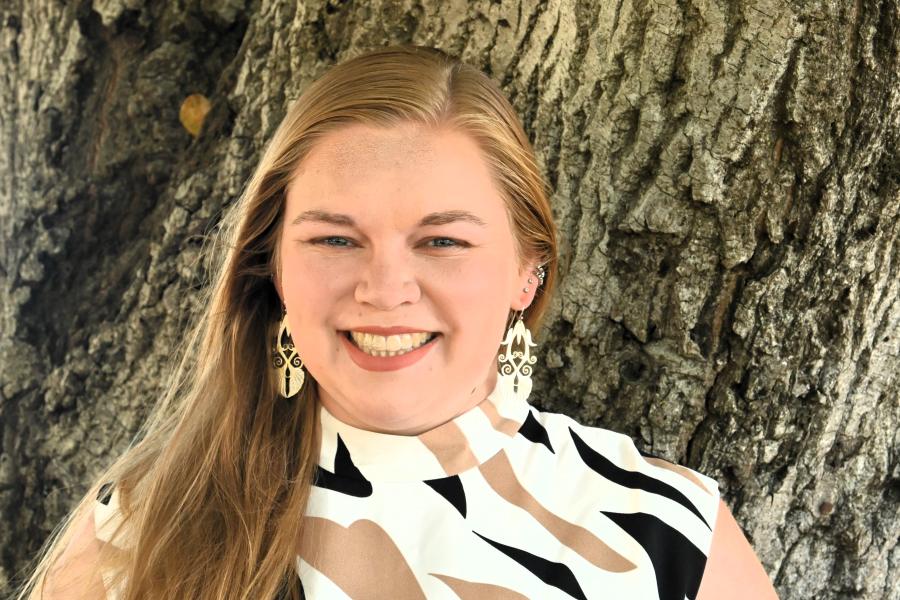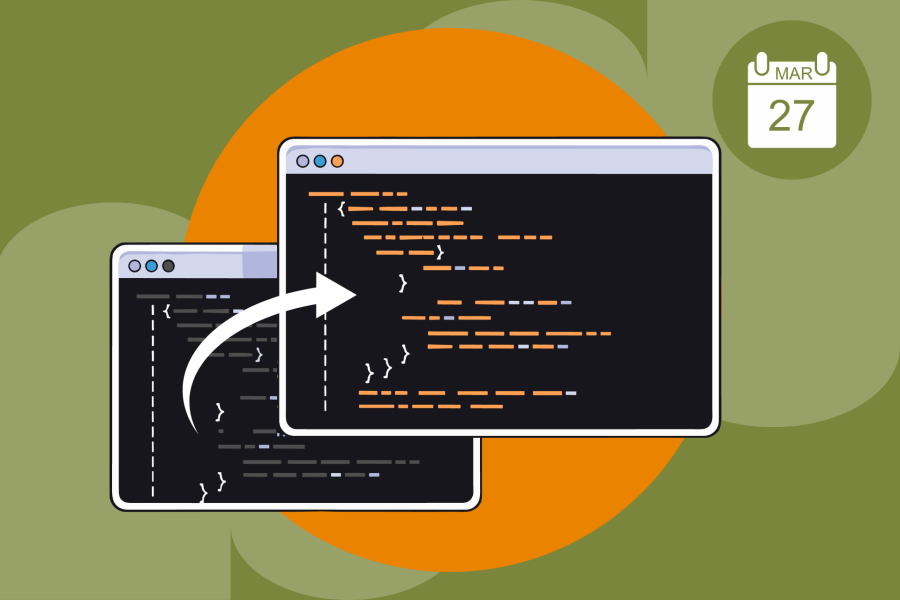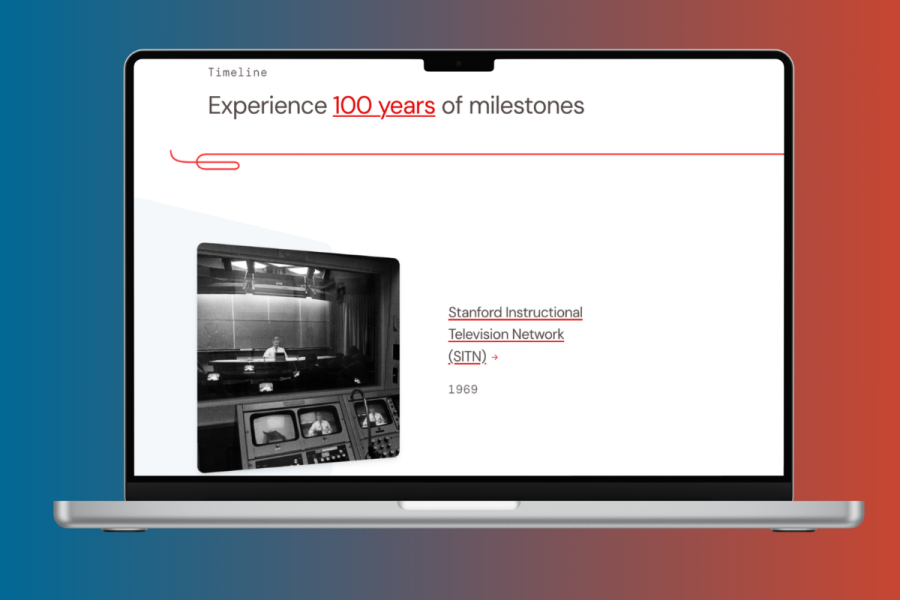UIT Welcomes Inaugural Stanford Research Computing Humanities Research Fellow

Stanford Research Computing has selected Annie K. Lamar as the inaugural Stanford Research Computing Humanities Research Fellow. Lamar is currently a Ph.D. candidate in classics, as well as a data science scholar in the Stanford Data Science Institute. She holds bachelor’s degrees in classics and computer science from the University of Puget Sound, and recently earned a master’s degree in education data science at Stanford.
Designed for Stanford graduate students in the humanities and social sciences, this newly-launched fellowship provides support for original digital research in a high-performance computing environment, coupled with support and instruction from Stanford Research Computing staff. The fellowship recipient is provided a $5,000 stipend, along with office space in Polya Hall, and shares their research project through a presentation at the end of summer. Stanford Research Computing is a joint effort of the Office of the Vice Provost and Dean of Research and University IT.
Small Data, Epic Insight
Lamar’s dissertation research is based on ‘data-intensive humanities,’ which uses new methods of neural network analysis and data-driven methods for analyzing poetry. In particular, she is studying a new computational approach to the Homeric formula: repeated phrases that shape the meaning, meter, and performance of Homer’s works such as the Iliad and the Odyssey.
Using results from a neural prediction model, a sophisticated data mining application that imitates the function of the brain to detect patterns in data sets, Lamar aims to identify phrases that do not survive in Homer’s works, but for which the model finds similar meaning and place.
“This project aligns with my goals as a ‘small data’ data scientist,” said Lamar. “In all my research pursuits, I work with datasets that are less than five percent the size of the huge datasets used to train most world-class artificial intelligence (AI) models. Creating models that perform well on small and specialized datasets will continue to gain importance in all fields as we begin to ask AI to answer more specific, complex, and nuanced questions. I hope to use my experience as a small-data AI researcher and a classicist to promote understanding of AI and data ethics in the humanities.”
With the knowledge she gains during her fellowship, Lamar will explore how to best balance speed, power, and cost for small data projects to help recommend computing environments to students and scholars, including those without the same resources as Stanford.
“We're very excited to have Annie because her project is really strong in both the humanities and computation,” said Brad Rittenhouse, Ph.D., research data facilitator in Stanford Research Computing. “It brings new techniques and a new way of asking questions about some of the oldest and most studied writings we have in the Western canon. Working closely with Stanford Research Computing, we think she will really show the potential of doing this type of humanities research in a high-performance computing environment.”
Digital Humanities
Lamar is also the lead graduate mentor for Stanford’s Center for Spatial and Textual Analysis undergraduate research internship program, where she designs curricula, mentors students on research skills, project management, and technical development, and consults with faculty about their digital humanities projects. In addition, she serves as a technical mentor with Data Science for Social Good, mentoring students on a project to optimize supply and demand for food banks nationwide.
“As a first-generation college student and a woman in data science, I have benefited greatly in the past from mentors, teachers, and university programs designed for students like me,” said Lamar. “Having access to a mentorship team and a peer community specific to high-performance computing will be a tremendous benefit to both my research and to my pedagogical practice.”
DISCLAIMER: UIT News is accurate on the publication date. We do not update information in past news items. We do make every effort to keep our service information pages up-to-date. Please search our service pages at uit.stanford.edu/search.
What to read next:

Migrate to Stanford GitLab's New Container Registry By March 27

Coming Soon: A New Login for Your Stanford University Microsoft Account

